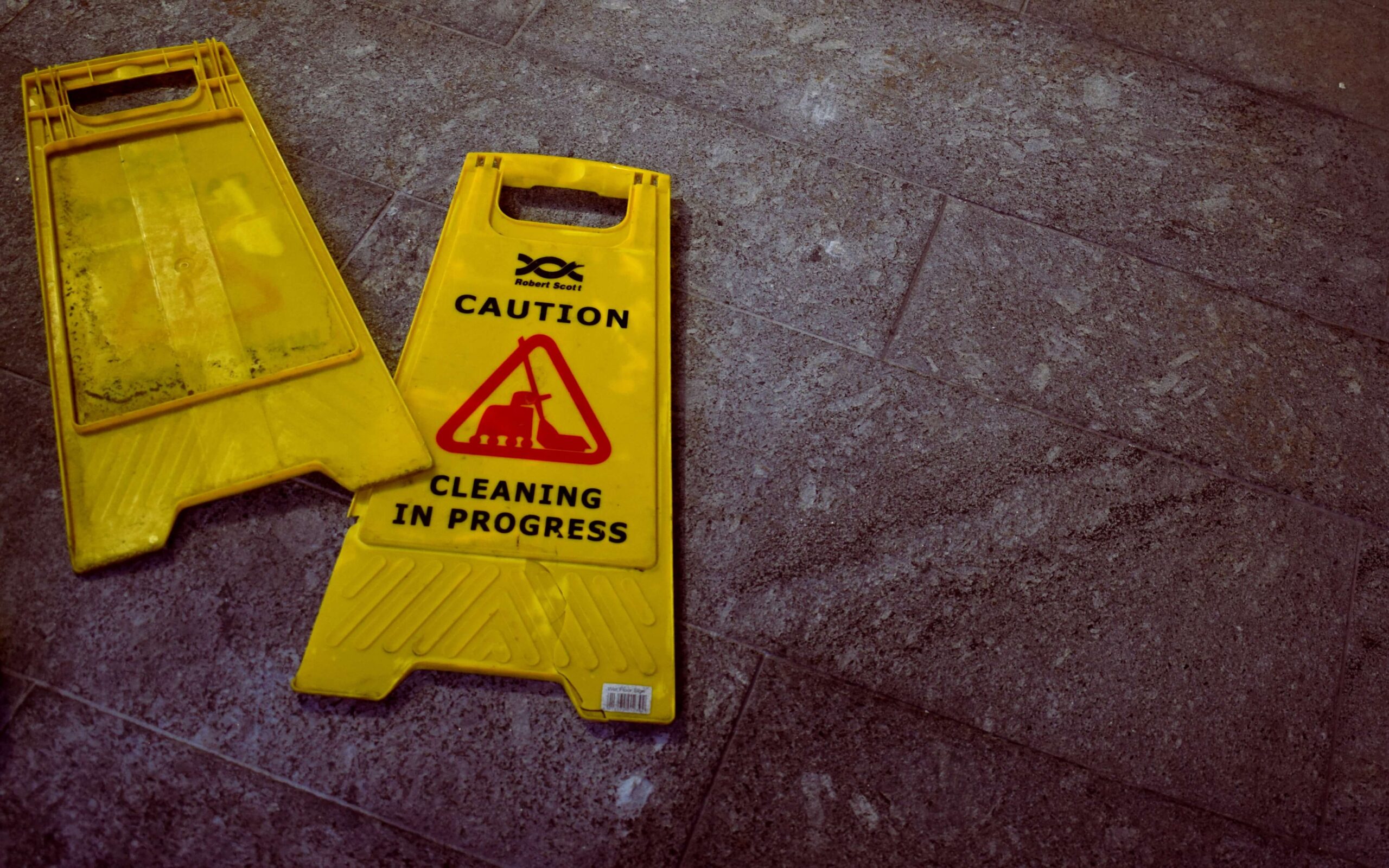Buying a property is often the biggest investment most of us make in our lifetime. Not only is the process extremely exciting, but it can also be an overwhelming one which is why it is essential to be prepared beforehand to ensure everything goes smoothly.
When it comes to purchasing land, there are several things to consider during the process especially when it is your first-time buying property. Here are seven property laws first home buyers need to know that will help you save time, money and unnecessary stress.
Do note that this is a general overview and as each situation is unique, you may require discussion with a qualified conveyancing lawyer to fully understand your position as a first time home buyer.

Topics in this article:
1. First home buyer assistance programs
The great news about buying a home for the first time is that you may be eligible for a home buyer assistance program. In Victoria, you are eligible for a $10,000 grant when buying a new-built property for under $750,000. That increases to $20,000 when buying a new-built regional property for under $750,000. Other eligibility criteria include the intention to live in the home for a minimum of 12 months among others.
2. Stamp duty discounts
Stamp duty is the transfer tax payable when buying a property. Unfortunately, it is a mandatory fee which has seen high increases that have rallied up with the rising property prices.
The amount of stamp duty payable is determined according to many factors, but as a general idea, stamp duty on a $750,000 property could be around $40,000. As a result of the high cost of stamp duty, state governments have provided a stamp duty discount to first home buyers. For example, in Victoria, no stamp duty is payable on property under $600,000 and there is a discount on stamp duty for property between $600,000 to $750,000.
3. First Home Super Saver Scheme (FHSS)
Under the FHSS, first home buyers can make voluntary contributions to their superannuation to save money to purchase a home. Applications to release the contributions started on 1 July 2018 and have allowed individuals to save for a home deposit sooner due to higher interest rates in the super and access to tax discounts.
4. Knowing the vendor’s statement
When buying a home, the vendor must give the purchaser a Vendor’s Statement as required under Section 32 of the Sale of Land Act. It is the document that contains all information about the property to enable the purchaser to make an informed decision about whether to purchase the property or not.
The Vendor’s Statement must disclose all information affecting the land as well as all information that may affect a potential purchaser’s decision to purchase the land. For example, information may be in relation to the services connected and supplied to the land, the zoning of the property, owners corporation information, and so on.
5. Who pays the rates before settlement
It can be somewhat confusing when trying to figure out who pays rates when you’ve agreed to purchase a property and are under contract.
As the buyer, you won’t have to worry about rates, water charges, or rental as these will all be adjusted at settlement and the actual purchase price may vary slightly in reflection of any adjustments made. The vendor is liable to pay for rates and charges up to and including the settlement date. Any rates and charges after settlement becomes your responsibility.
6. Necessary bank arrangements
If you intend on getting a mortgage to finance your property purchase, you will need to obtain formal finance approval that covers the cost of your purchase.
A conveyancing lawyer can assist you with the paperwork required which includes ensuring that a condition is made within the contract that sale of the property is subject to finance.
7. Contract cooling off period
For those who jumped the gun a little too quickly by signing a contract and suddenly having second thoughts right after signing, you’ll be happy to hear that there is always a cooling off period for the contract.
In most cases, it’s three business days after signing the contract unless otherwise stated in the contract. Should you change your mind during this period, you can inform the vendor that you no longer want to go through with the purchase and are within the cooling off period and you will no longer be liable to purchase the property.






